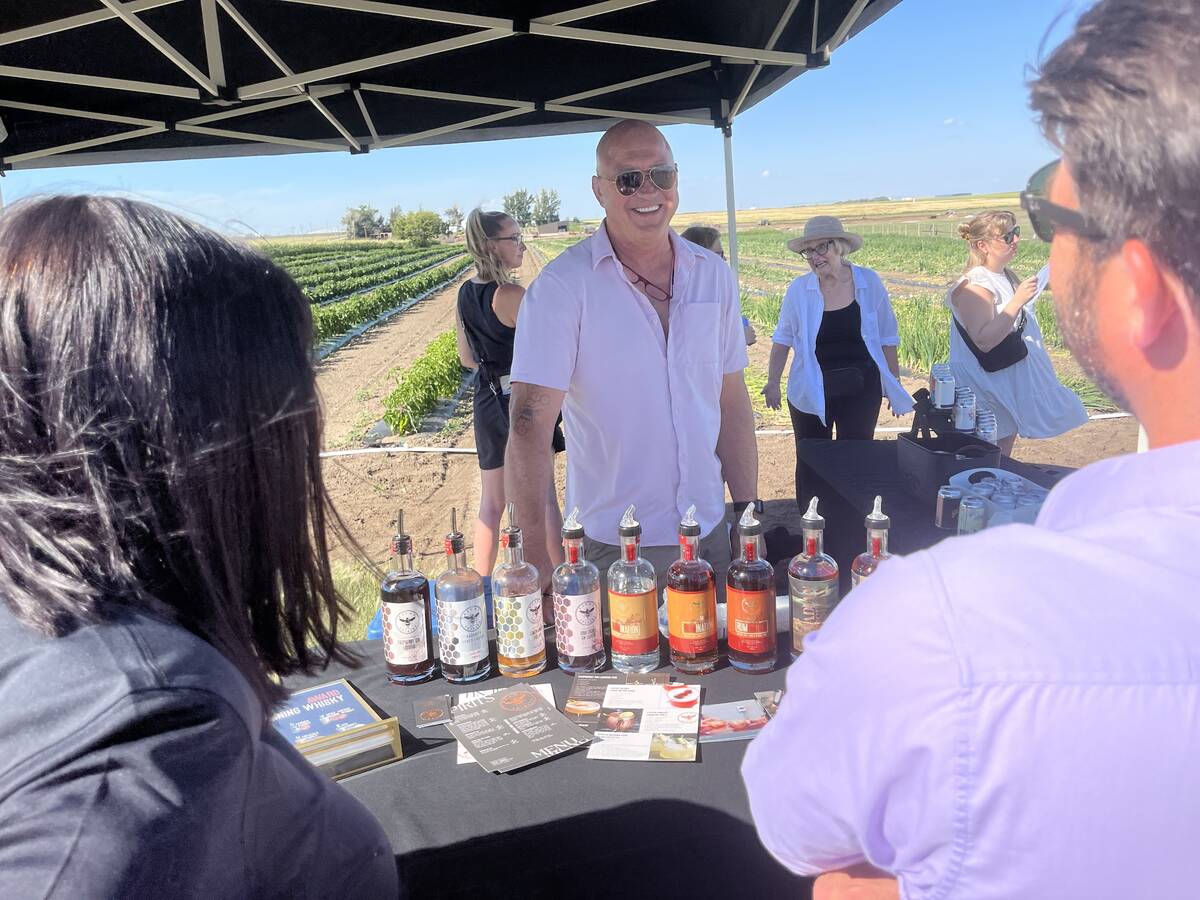It’s been a tough 12 months for Western Canada’s farmers and ranchers, some of whom have gone from drought to flooding in the past year with little reprieve as they lurch from one natural disaster to another.
The weather is only one of a long list of challenges denting the mental veneer of producers, said Megz Reynolds, executive director of the Do More Agriculture Foundation, which is dedicated to providing mental health supports for farmers and ranchers.
The pandemic, trade issues, continued feed shortages, rising costs and the latest avian influenza outbreak have also been piled onto producers’ dinner plate already filled with a healthy serving of troubles, said Reynolds.
Read Also

From farmer to award-winning distiller
Pivot Spirits showcases transition from farmer to distiller with provincial award-winning results in Alberta for Lars Hirch
“We have seen all of these challenging events that are putting additional stress on top of producers. And not just producers but those in industries that deal with producers day-to-day and having hard conversations about mental health and the realities of an operation,” said Reynolds.
The uncertainty of what might come next is taking a toll because you don’t know what is going to happen and it’s all things that you can’t control,” she said.
And the statistics cited by the Do More Agriculture Foundation underpinning the need for mental health supports for the ag industry are sobering. Those range from 75 percent of farmers having mid- to high-stress levels to them being four times more likely to use firearms to commit suicide than the general population.
The federal government’s commitment to establish a three-digit suicide crisis line a year-and-a-half ago has yet to come to fruition with indications that delays for its establishment in rural communities will take longer than in urban ones.
Reynolds pointed out there is also a need to have mental health services provided by those who understand what it feels like to have a year’s work and income wiped out by a 10-minute hailstorm.
“One of the challenges with mental health is it falls under health, not agriculture, and every province has its own mandate,” said Reynolds. “It’s challenging to create a federal program because you need every province to come on board.”
Reynolds said that Do More is supportive of the federal government’s efforts to establish the three-digit crisis line and is working to make sure it includes clinicians with agricultural literacy to deal with the specific health concerns relevant to the industry.
“We have increased stigma in agriculture. Some of those traits that create longevity and sustainability in the industry — being tough, resilient — can also be barriers when dealing with mental health,” said Reynolds.
It’s imperative that those who pick up the line from producers who cross that stigma understand what working on a family farm entails.
“If you don’t have that understanding, it’s very easy to say something that will shut that person down, isolate them and make them feel they can’t have a conversation with you or they can’t be understood or supported,” said Reynolds. “We get one shot and if that person in agriculture is (meeting) with someone who has no understanding of the industry… there is a very good chance they won’t try again.”
More information on various agriculture specific mental health supports, as well as ways to support initiatives to support well-being in the industry, can be found on the Do More Agriculture Foundation website at www.domore.ag.
















